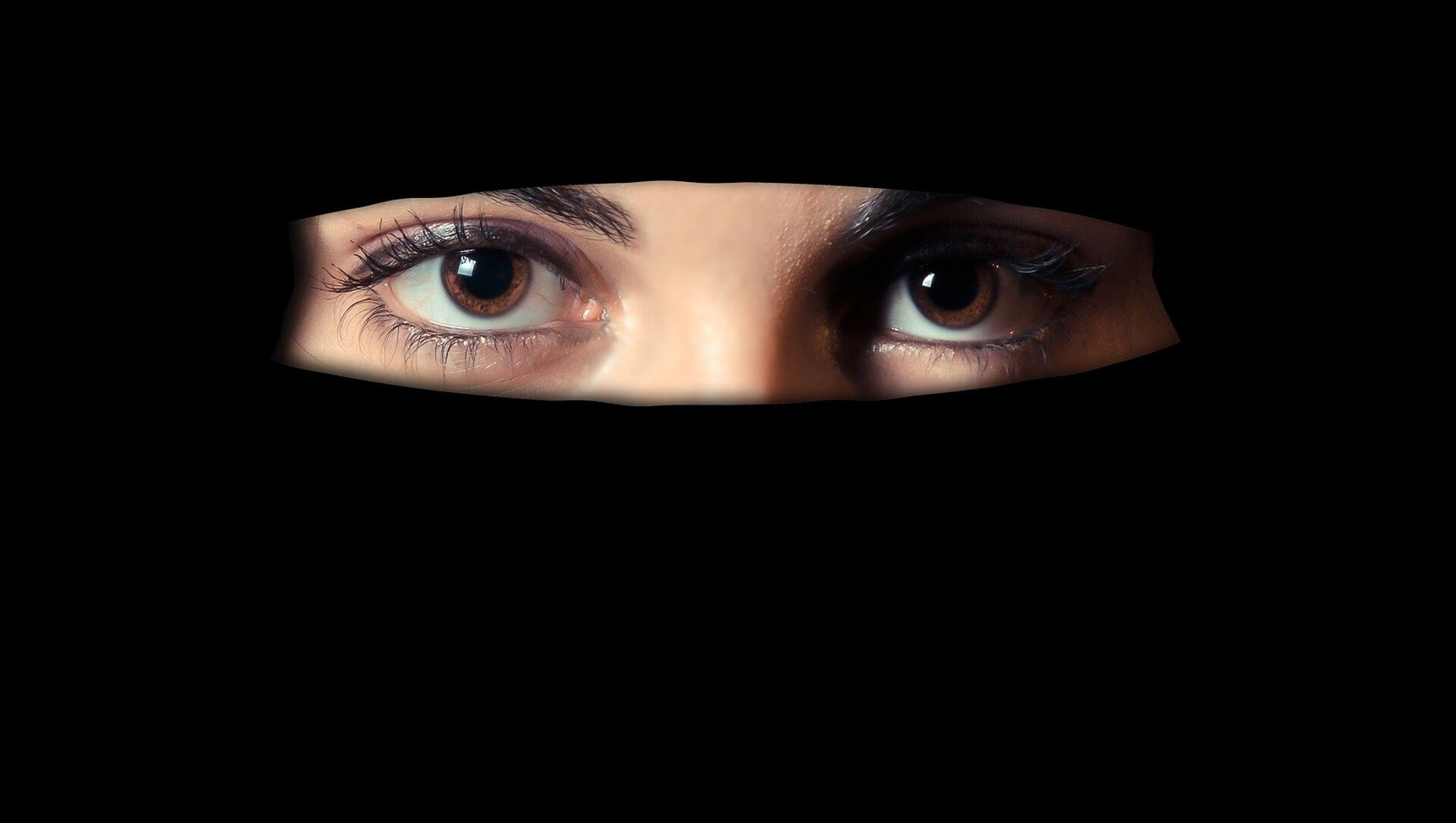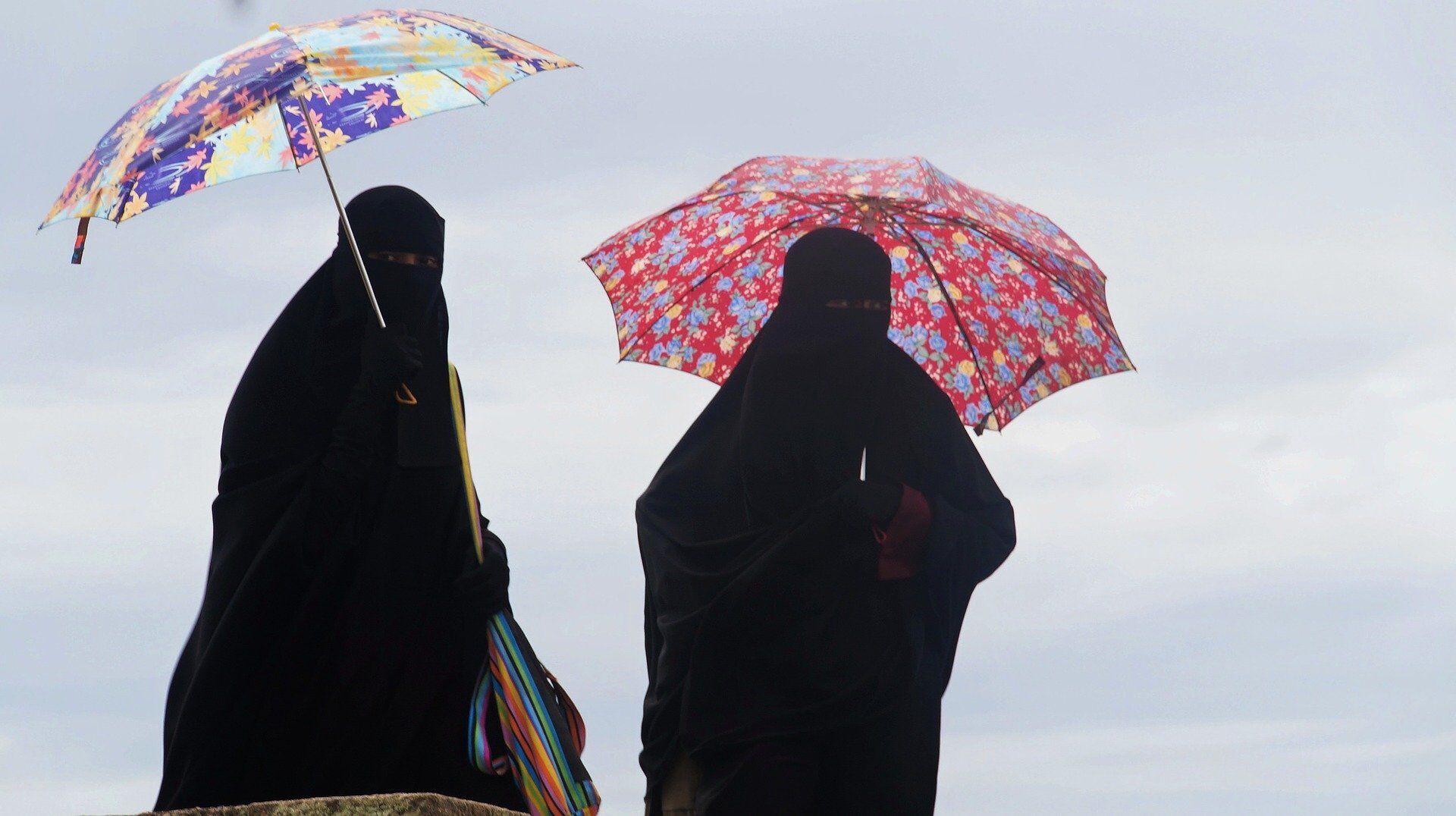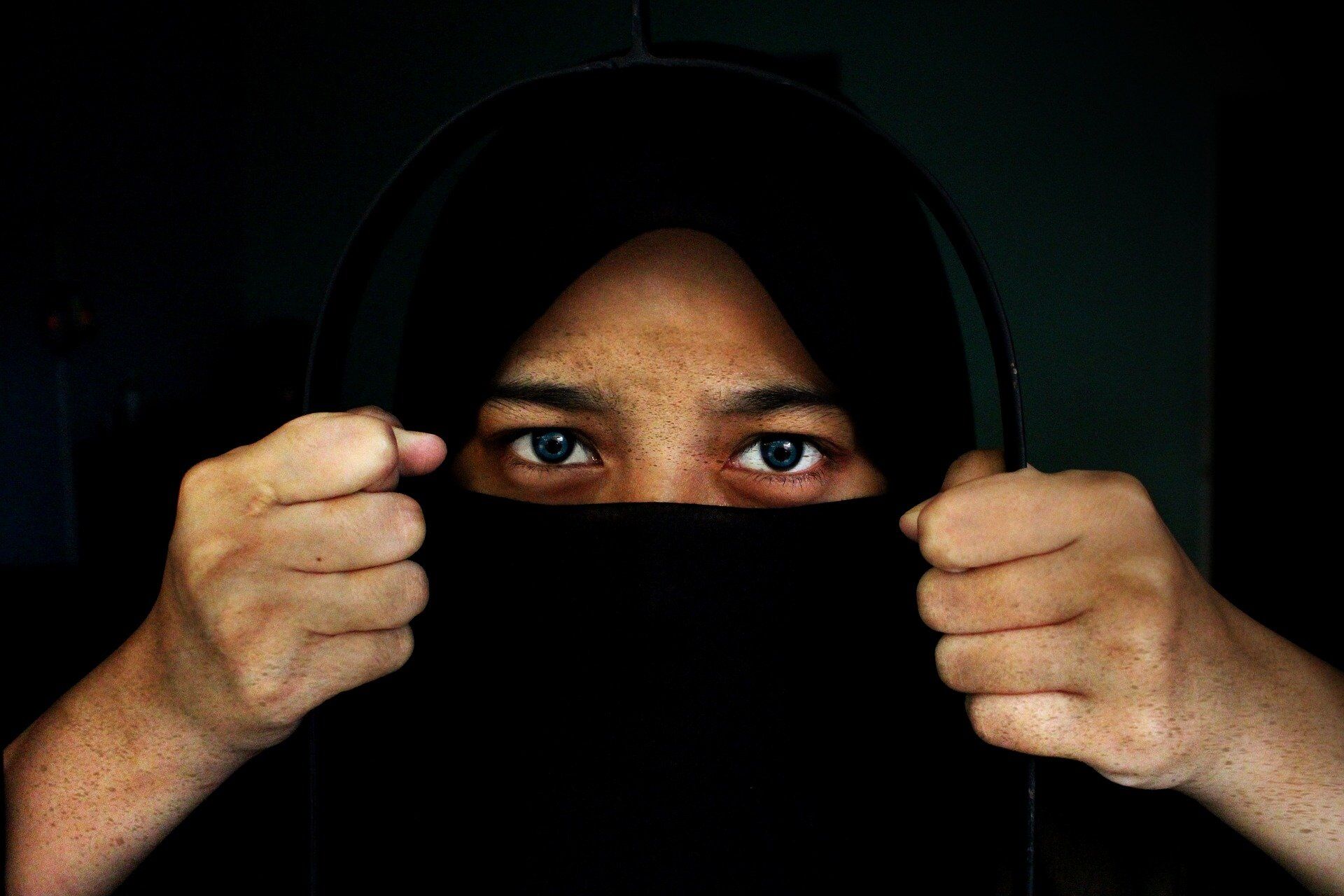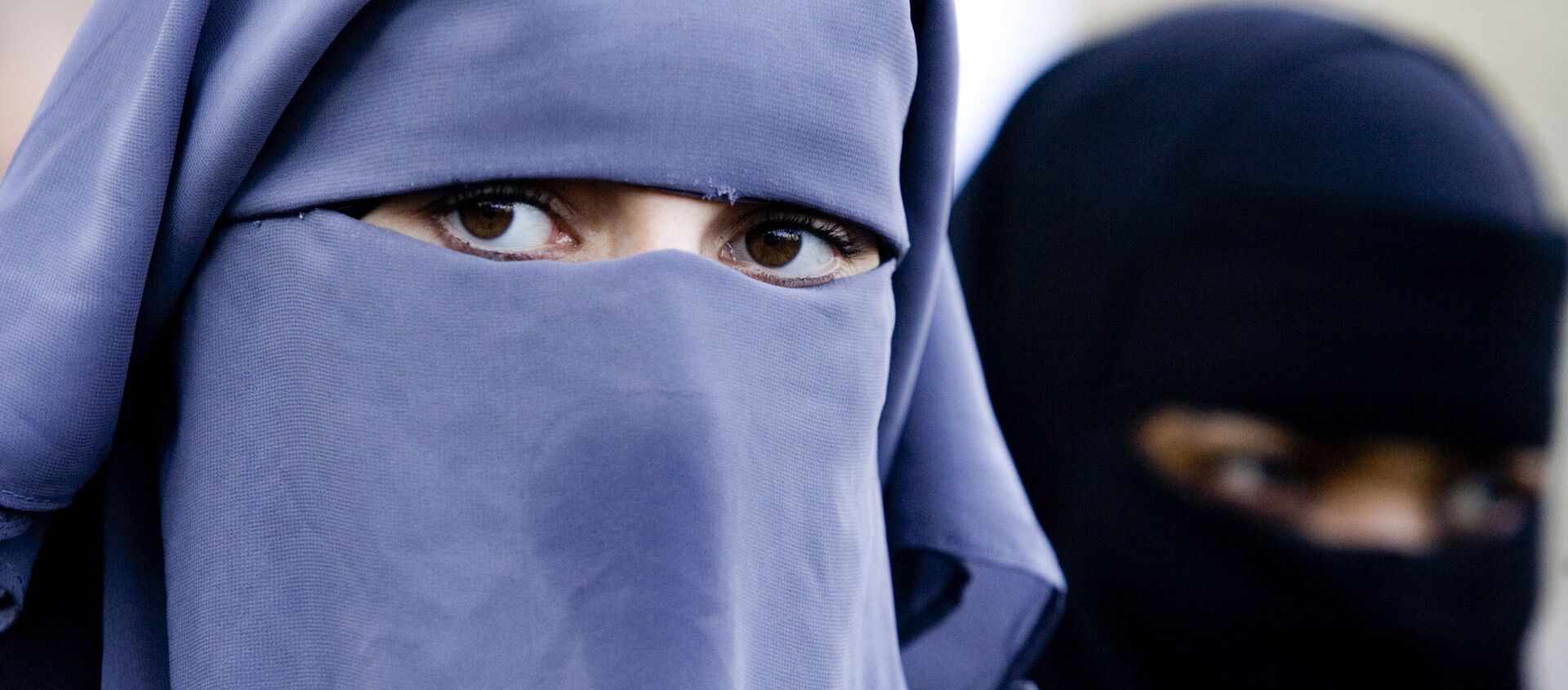Switzerland voted on Sunday in a referendum about whether to ban "full facial coverings" in public places, with exit polls reportedly indicating that a slim majority of 51% supports the move. Here's a brief background on the so-called "burqa ban".
What is the Ban All About?
The text of the initiative does not specifically single out Muslim veils, saying only that "no one shall cover their face in public, nor in areas accessible to the public or in areas where services are ordinarily accessible to all".
The proposed ban, however, is mainly seen as targeting minority Muslim women living in Switzerland and wearing niqabs (a veil over the lower half of the face), burqas (covering both body and face), and other face-covering garments.
Muslims make up about 5.2% of Switzerland's 8.6 million people. Most Muslims in Switzerland have their roots in Bosnia, Kosovo, and Turkey.
Who Supports the 'Burqa Ban'?
The measure was spearheaded by the Egerkinger Komitee, an activist group comprised of politicians from the right-wing Swiss People's Party (SVP) whose motto is "resistance against the claims to power of political Islam in Switzerland".
SVP member Jean-Luc Addor, for his part, claimed earlier this year that "fortunately" there are not many burqa-wearing women in Switzerland.
According to him, "when a problem exists, we deal with it before it gets out of control".
Addor was echoed by his colleague Walter Wobmann who said that "in Switzerland our tradition is that you show your face", which is "a sign of our basic freedoms".
The party's key argument is that "free people show their face" and that "the burqa and niqab are not normal clothes", as they allegedly symbolise the oppression of the fair sex. One of the campaign's posters depicts a caricatured image of a scowling niqab-clad woman above the words: "Stop Islamic Radicalism".
Who's Speaking Out Against the Ban?
Opposing the "burqa ban" are the government and parliament officials whose counter-proposal would require people to show their faces to the authorities if necessary for identification pertaining to border checks, among other things.
The proposal is expected to be automatically triggered if the "burqa ban" is rejected during Sunday's referendum.
The government is supported by an array of feminist organisations, with Ines El-Shikh, spokeswoman for the feminist Muslim women's group Purple Headscarves insisting that "besides being useless, this text [of the 'burqa ban'] is racist and sexist".
"In 2021, it is unacceptable for the Swiss Constitution to have an article proscribing or prohibiting women from wearing whatever they want. A burqa ban is not done for women, but against them. Whether we're in a mini-skirt, a burqa or topless, what we want is to be able to choose for ourselves", El-Shikh told the AFP news agency.
Posters against the ban include one reading, "No to an absurd, useless, and Islamophobic 'anti-burqa' law".
Initial Results Indicate Win For Ban Supporters
Polling stations closed at midday (11:00 GMT), which was followed by public broadcaster SSR and pollsters gfs.bern projecting that 51% of voters cast ballots in favour of the "burqa ban". Most voters cast their ballots in advance of the actual referendum.
To sail through, the measure needs to gain support from a majority of voters nationwide and a majority of Switzerland's 26 cantons.
Previous opinion polls revealed that at least 60% of respondents supported the ban, while a final poll by the Swiss Broadcasting Corporation two weeks before the vote showed that only 49% said "yes" to the initiative.
If the new ban is voted for by a majority of citizens, the country will join several others that have already introduced respective legislation - the Netherlands, France, Austria, Belgium, Germany, and Denmark.






